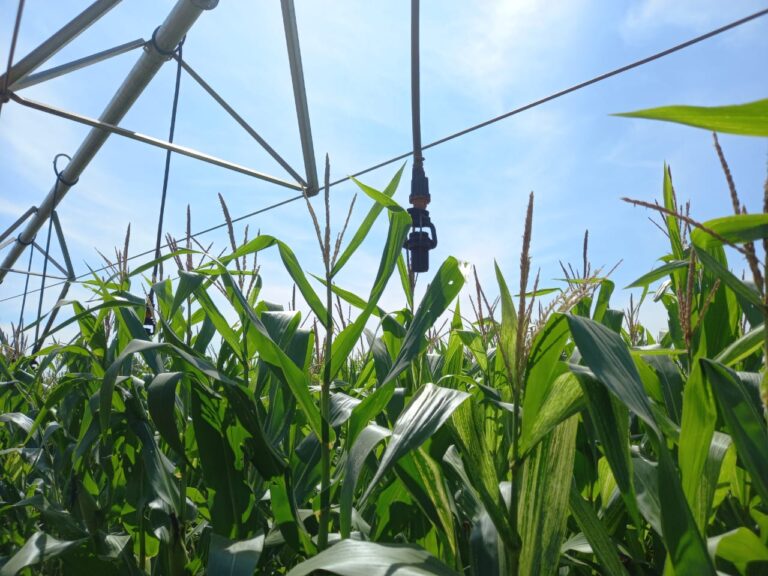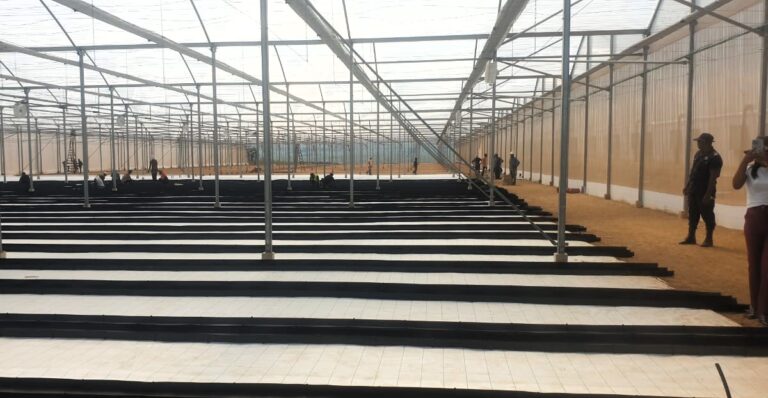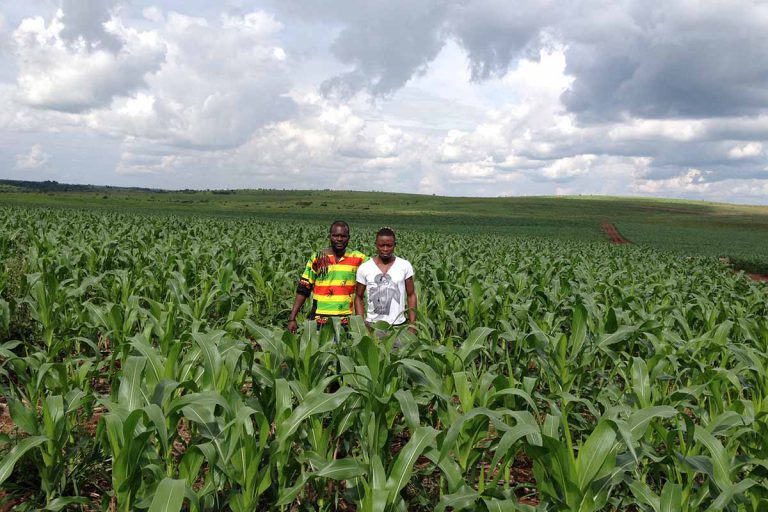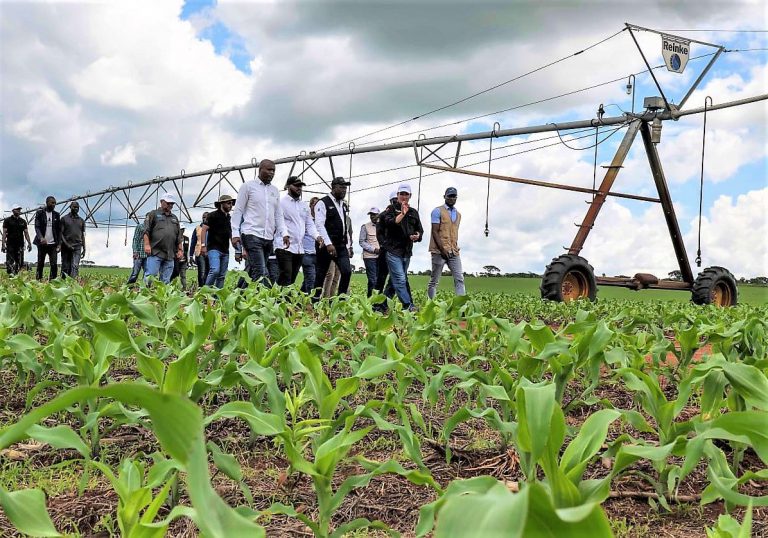Growing a variety of crops, including fruits and vegetables, in a much shorter time frame than traditional farming is a key benefit of hydroponic farming. Hydroponics can produce three to ten times more food than conventional agriculture, significantly boosting yields while using less water.
In African countries, hydroponics has the potential to revolutionize agriculture and enhance food security. This advanced system of growing plants without soil uses nutrient-rich water solutions, leading to higher yields and reduced water usage. By focusing on sustainability, hydroponics ensures that more food can be grown with fewer resources, making it an ideal solution for regions facing agricultural challenges.
In Sub-Saharan Africa, where food security remains a critical issue, hydroponics presents a transformative opportunity. The agricultural sector faces numerous challenges, including limited arable land, water scarcity, and climate change. Hydroponics addresses these issues by enabling the cultivation of various crops, such as tomatoes, melons, cucumbers, peppers, and squash, in controlled environments. This method not only conserves up to 90% more water than traditional farming but also allows for year-round production, regardless of external weather conditions.
Agrinor Farm, built by Agricultiva, is a 4 hectare greenhouse project in Bengo Province, Angola, featuring cutting-edge hydroponic technologies and nursery for ensuring high quality produce. During a recent visit by Her Excellency, the Governor of Bengo Province, the delegation explored key facilities at the newly established Agrinor Farm. They received comprehensive explanations about the hydroponic methods, and learned about the advanced techniques to be employed.
Hydroponics is not just a farming method; it is a sustainable solution to food security challenges in Africa, promising a brighter future for the continent’s agriculture.







